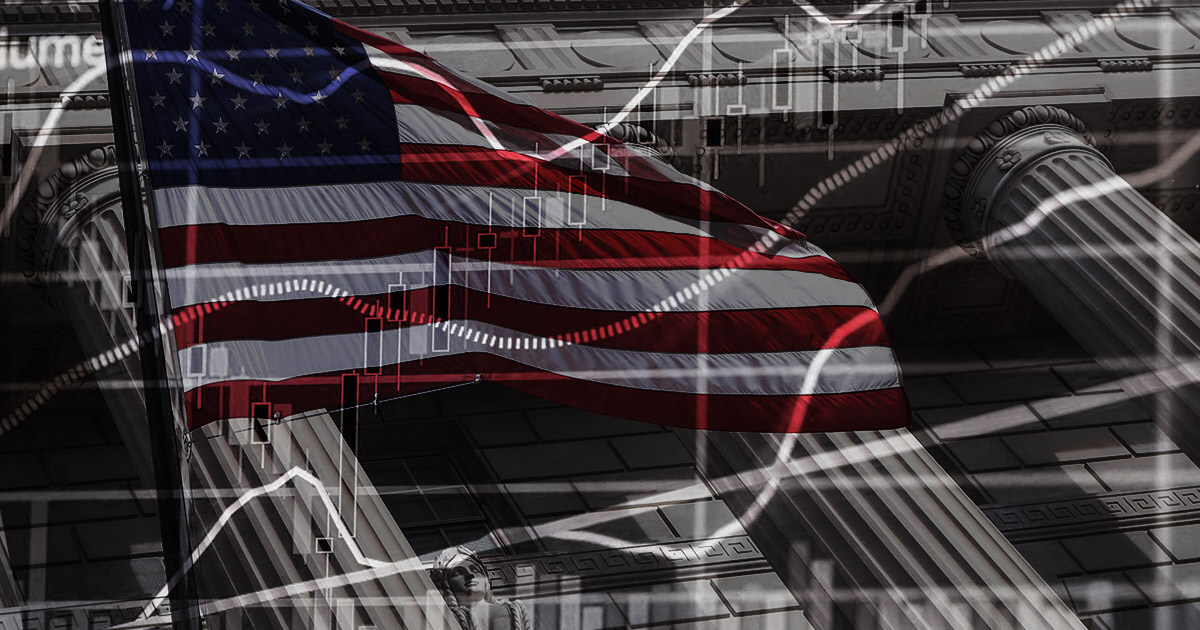The U.S. Department of Justice has opened an investigation into cryptocurrency price manipulation on crypto exchanges. The investigation, first reported by Bloomberg, was revealed by four sources at the DOJ who requested anonymity because the investigation is private, and they are not authorized to comment on its continuation.
The DOJ is conducting its investigation in conjunction with the Commodity Futures Trading Commission, a regulatory body that, among other things, licensed Bitcoin futures contracts at exchanges Cboe and CME.

As crypto markets grow in mind and market share, there is increasing concern that they are populated with bad actors bent on manipulation and malfeasance. Just this week, new research arrived indicating that an alarming amount of ICOs can be considered scams.
According to internet DOJ sources, this particular investigation concerns manipulation of Bitcoin and Ether.
What Are They Investigating?
Investigators are not concerned with crypto exchanges themselves, but with traders who may be taking advantage of the unregulated crypto environment to cheat the system. Specifically, the investigation is focused on spoofing and wash trading, which are methods for manipulating market sentiment toward a particular outcome.
For example, spoofing involves a trader submitting a deluge of orders for a cryptocurrency but then canceling the order when markets respond to the trader’s interest. This drives up the asset’s value and creates an environment where the trader can sell his holdings for a higher profit.
Meanwhile, wash trades occur when an investor trades with himself to produce a mirage of high market demand. This activity tends to draw in investors, which raises the price of the digital currency.
Both spoofing and wash trades are dishonest and illegal. In 2010, the Dodd-Frank Act banned both practices. Last January, Citigroup paid a $25 million fee because five traders in their organization spoofed Treasury futures.
However, crypto markets exist in a state of regulatory uncertainty, so dishonest investors have a much better chance of operating with impunity.
As John Griffin, a University of Texas finance professor told Bloomberg:
“There’s very little monitoring of manipulative trading, spoofing and wash trading…It would be easy to spoof this market.”
What Can They Do?
The CFTC is charged with monitoring futures markets, but they can initiate sanctions on markets associated with futures contracts. Because the investigation is still in the early stages, there is no indication of possible consequences should it discover fraudulent activity.

Legal consequences aside, there is a practical component that crypto exchanges need to address. Last month, Gemini, a popular crypto exchange headed by brothers Tyler and Cameron Winklevoss, partnered with NASDAQ to help regulate cryptocurrencies on their exchange.
In March, the brothers floated a plan for self-regulation among cryptocurrency exchanges. Their idea includes the Virtual Commodity Association, an organization meant to self-regulate or police crypto markets. In a March interview, the Winklevoss twins explained:
“The key is regulation in a healthy manner to protect people.”
To date, no formal action has been taken by U.S. regulators or by the industry itself. For many, the idea of oversight shirks the original intention of digital currencies, but there is a growing consensus that some systems will be necessary to guarantee that markets are trading authentically.
To be sure, an investigation is not necessarily an implication of guilt, so we will be looking closely to see what the DOJ’s official findings convey.


















